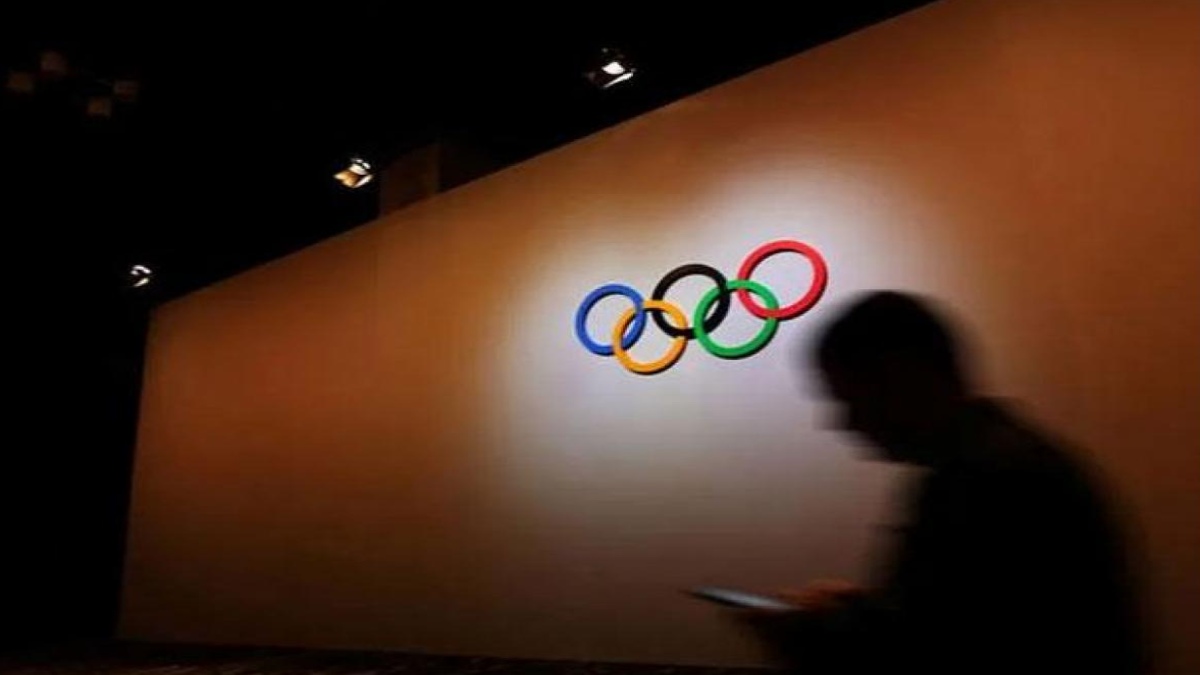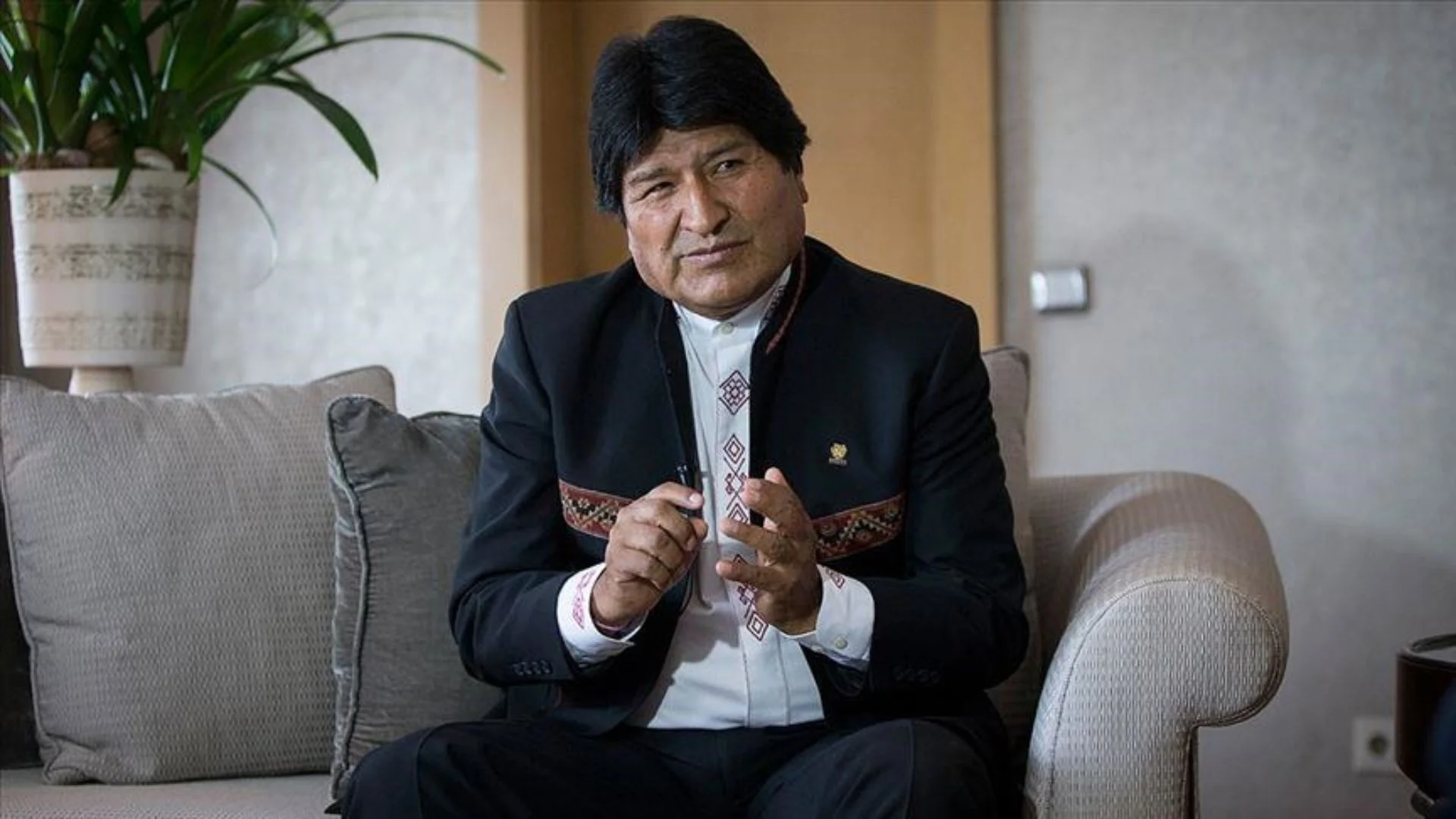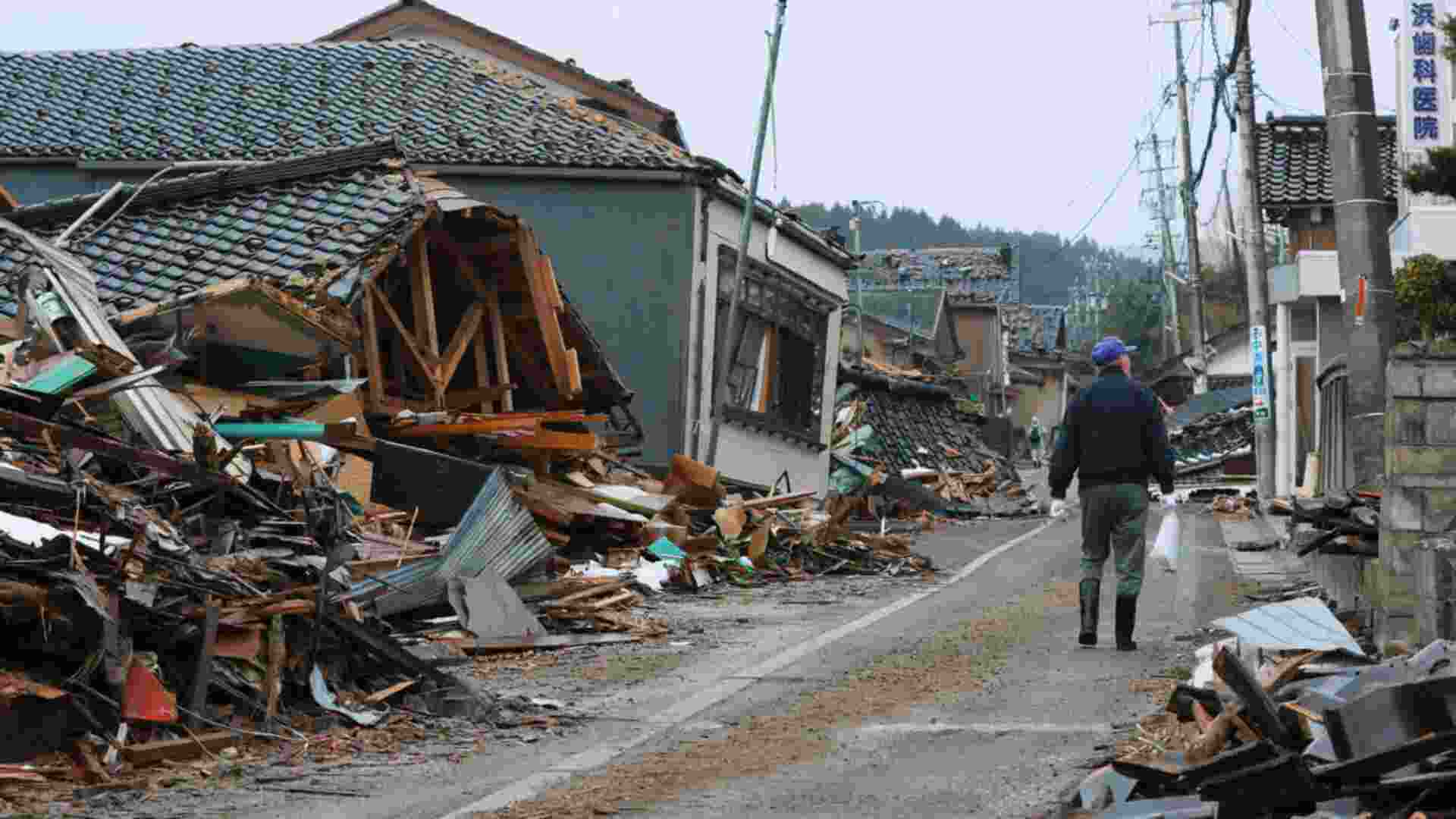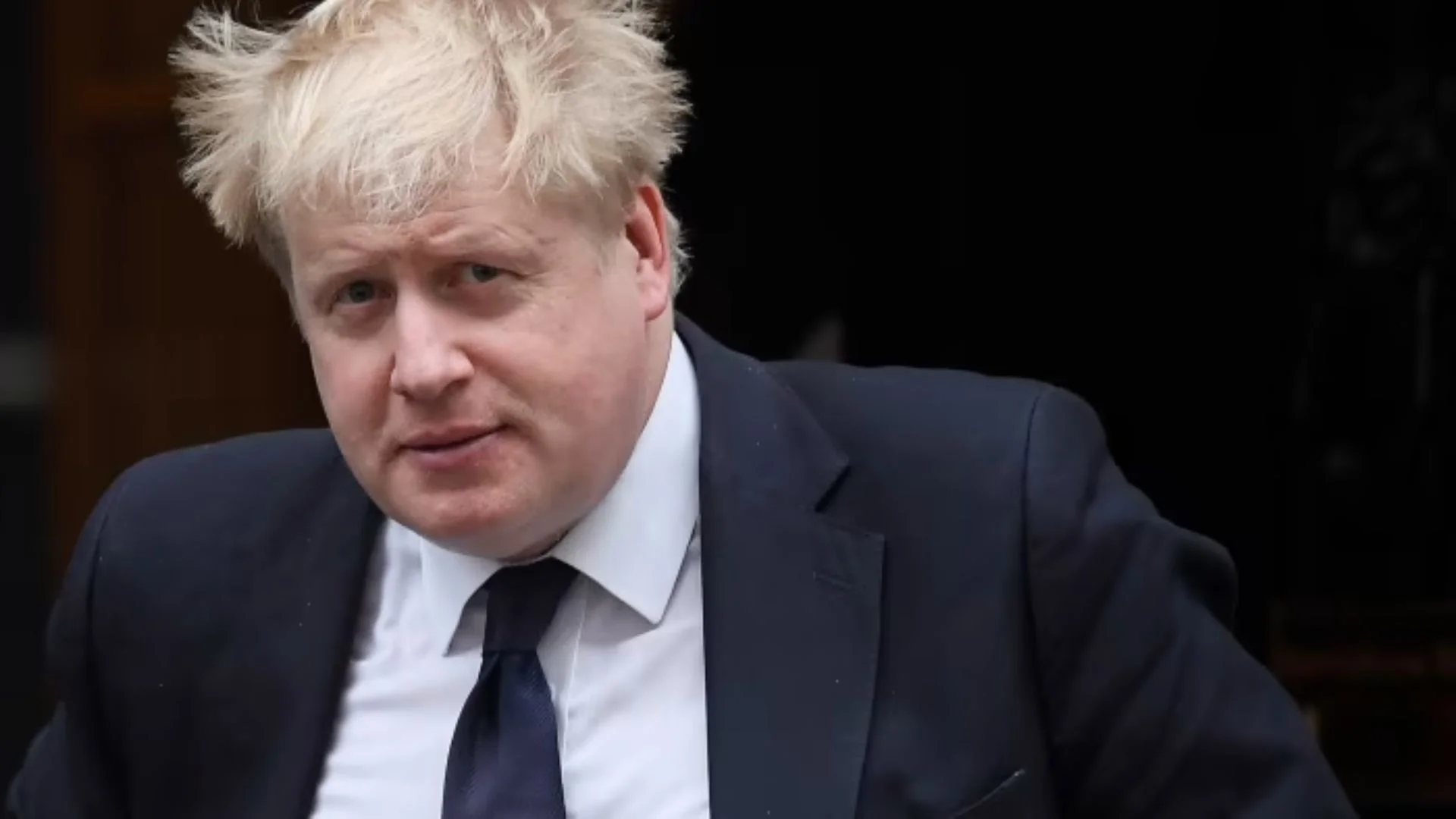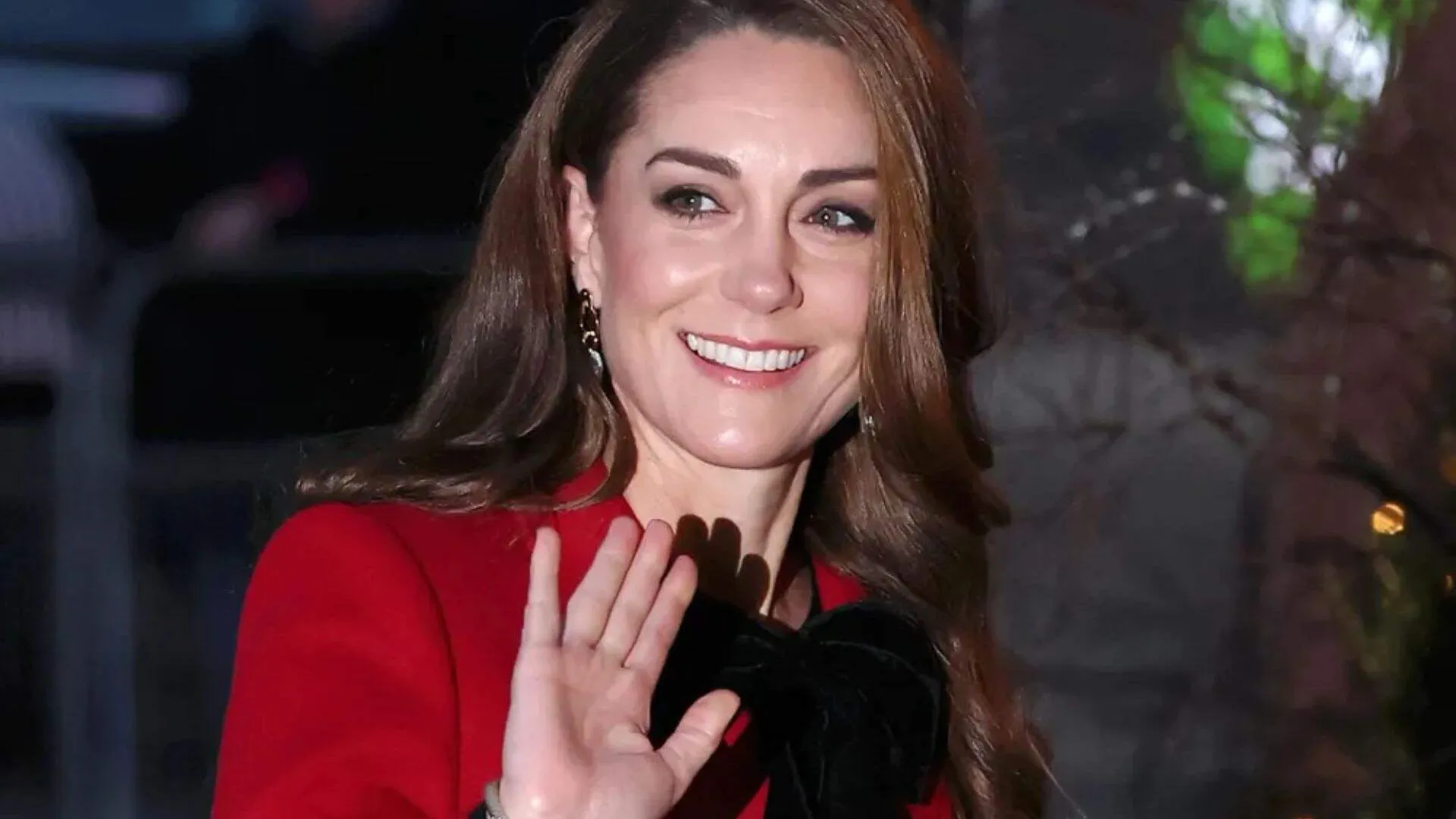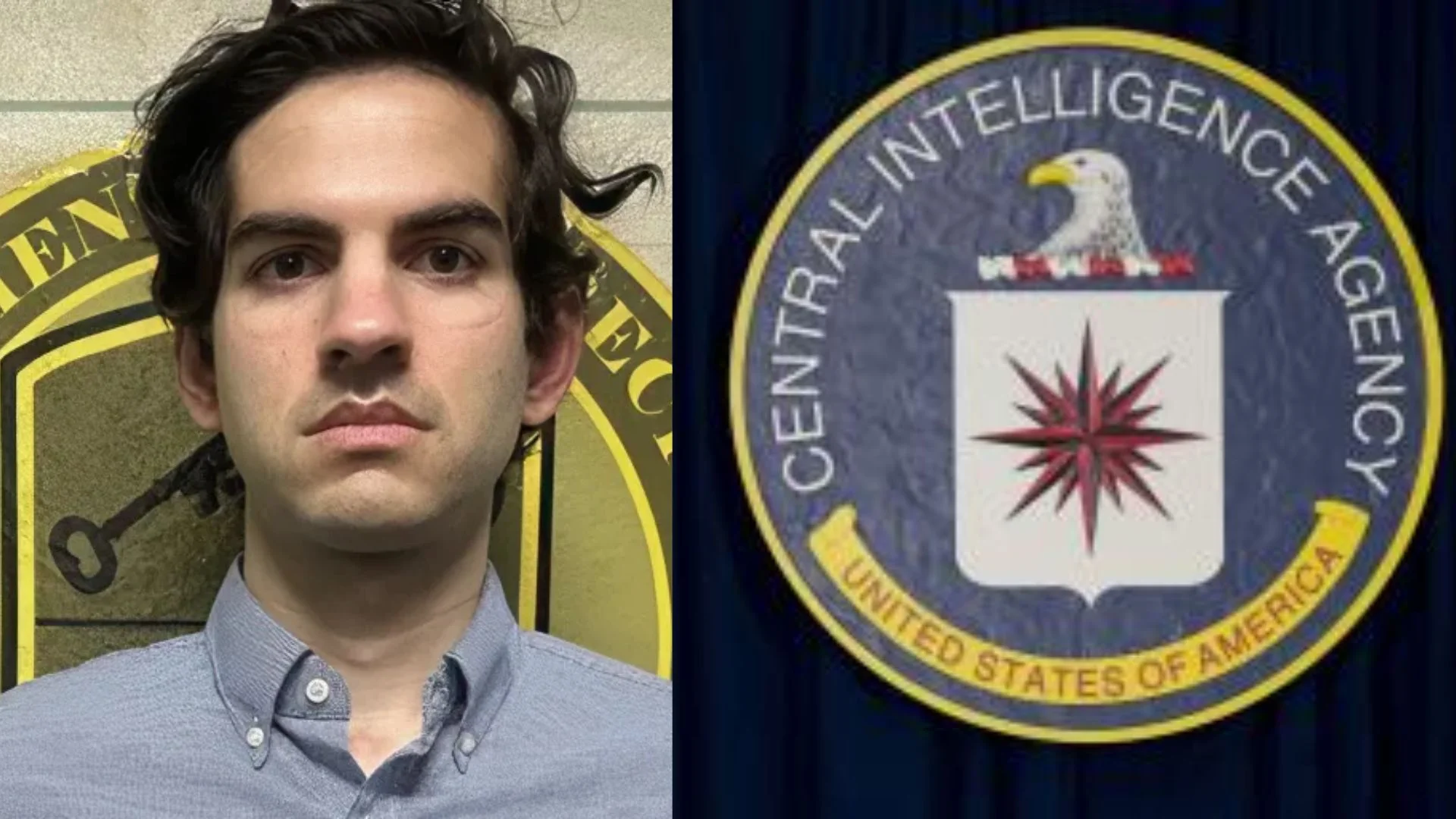Shooting has given India the country’s only gold medal in an individual event of the Olympics. Abhinav Bindra has been India›s only individual Olympics gold medallist. Rajyavardhan Singh Rathore and Vijay Kumar got Olympic silver, and Gagan Narang got bronze. So, the expectations from the Indian squad in Tokyo were high, but the hopes have been belied so far.
It is worth noting that there was similar hope ahead of the last Olympics in Rio, where India couldn’t win a single shooting medal. This time, the hope was that the squad in Tokyo will at least break that jinx. In Tokyo, India fielded a record 15-member squad across rifle, pistol and shotgun categories. This is the largest Indian shooting contingent at the Olympic Games, and probably the most prolific, too, with multiple current and former world No. 1 and World Cup gold medallists. They are a largely young side, with all but four on their first Olympics campaign. Here are some five major reasons for India›s poor performance in shooting so far.
The first reason is that the mistake we made in the Rio Olympics, the same happened this time too. It was inconceivable for shooters to be sent to Croatia just before the Olympics for 80 to 90 days. After coming from there, instead of improving, the Indian performance got worse.
Second, Jaspal Rana, who coached at least six shooters, including Manu Bhaker and Saurabh Choudhary at the national camp for nearly four years, was dropped from the Olympic-going contingent, though he himself was an accomplished international shooter. If Center Fire Pistol had been an Olympic event in his time, he would have become an Olympic champion in the 1990s. It was beyond comprehension to choose Raunak Pandit in place of Jaspal at the last minute. Although Raunak Pandit has also been a well-known international-level shooter, the experience of Indian shooters with him was completely new. This also had the opposite effect on the team.
Third, if Manu Bhaker›s pistol had malfunctioned, it was a blunder to spend 18 minutes on its repair while there was a stall of Morini pistols from Switzerland. Coaches could take their help. It is worth mentioning here that every shooter is given 15 minutes for the maintenance of the equipment. After that, 15 minutes of fighting time is given in which you can practice your aim. This is the time when you can set up your pistol. Every pistol has clicks. If it is normal for the pistol to go to 9 instead of 10 or to go to eight, then it can be set by clicking. In the 10 meter event, each shooter has to make 60 shots in one hour and 15 minutes. Had both the pistols been set a day earlier, this situation would not have happened. Anyway, every shooter has two pistols. Whether the screw in the pistol was loose or there was some other fault, it should have been known to at least a technically knowledgeable person.
Fourth, Russian coach Smirnov Pavel, who worked with the team for almost four years, was not sent with the team. It was an unfortunate decision for the shooters and the shooting community as a whole, while Oleg, another foreign coach who had been coaching for the national team of Brazil, was chosen after all, where he could not even deliver the expected results.
The fifth reason for Indian shooters to disappoint was that in the World Cup matches, many countries did not even send their eminent players because for them, instead of medals at this level, more important was to prepare for the Olympics secretly.
National Rifle Association of India president Raninder Singh says that “the only thing I have to say is I can’t excuse non-performance. But I can only say this, remember that most of them are 19-year-olds. These are not adults. Some of them have fallen under the infamous Olympic pressure. There is nothing else I can say. If you see today’s performance, there was an Olympic record qualification score. It is not a joke. But then, 10 minutes later, in Stage 2, one of them does rather poorly, it’s really inexplicable in a way,” he was quoted.

